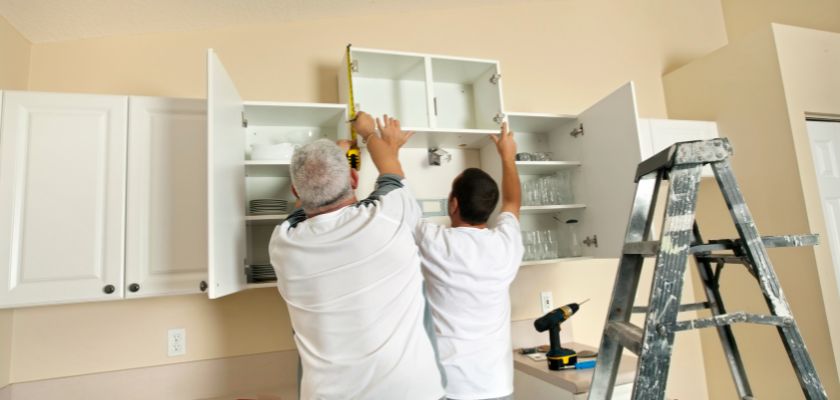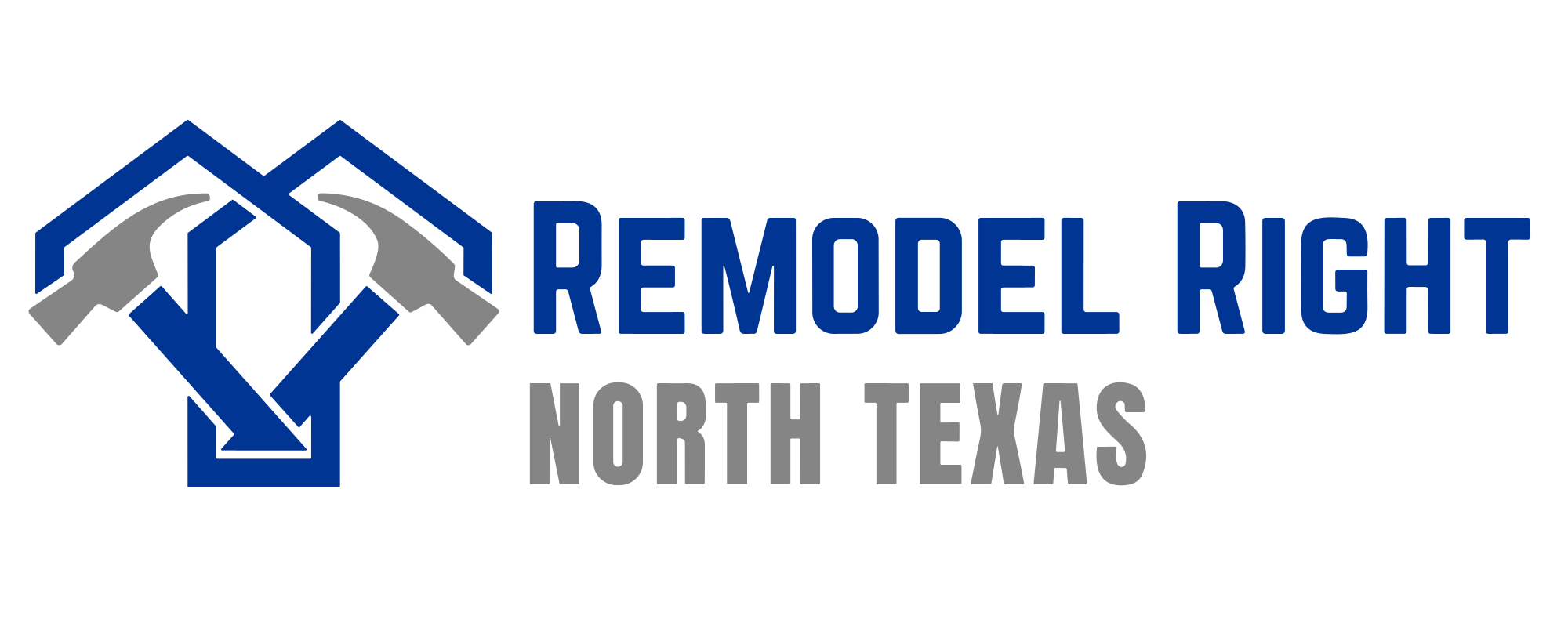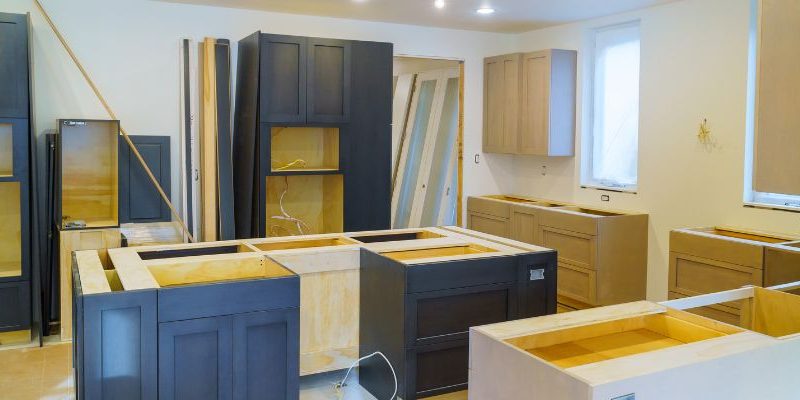A kitchen remodel can breathe new life into your home, offering improved functionality and a fresh aesthetic. However, it’s easy to make mistakes that can derail your project and strain your budget. By understanding common pitfalls and planning carefully, you can achieve a successful remodel. This article explores the top kitchen remodeling mistakes to avoid, ensuring your budget kitchen remodel is a smooth and rewarding process.
Table Of Contents
Poor Planning and Design

One of the most critical aspects of a successful kitchen remodel is thorough planning and thoughtful design. Without a clear plan, your project can quickly go over budget and fail to meet your needs.
Skipping the Design Phase
Many homeowners dive into a remodel without a detailed design, leading to costly changes mid-project. A well-thought-out design is essential for a functional and aesthetically pleasing kitchen.
- Layout Considerations: Ensure your design promotes an efficient workflow. The classic work triangle—positioning the sink, stove, and refrigerator in a triangular layout—can enhance kitchen functionality.
- Storage Solutions: Plan for adequate storage to keep your kitchen organized. Consider incorporating cabinets, drawers, and pantry space to meet your needs.
- Future Needs: Think about your future needs. For instance, if you plan to expand your family, ensure the kitchen can accommodate more people and appliances.
Ignoring Professional Help
While DIY projects can save money, not consulting professionals can lead to costly mistakes, especially in complex areas like plumbing and electrical work.
- Hiring Experts: Engage professionals for tasks beyond your expertise. For instance, kitchen remodeling in Frisco, TX, offers services from experienced contractors who can handle intricate work efficiently.
- Consulting Designers: A professional designer can help refine your vision and ensure all elements work together harmoniously.
Overlooking Functionality
A beautiful kitchen that lacks functionality is a common mistake. Ensure that your design includes practical elements that make your kitchen easy to use.
- Work Zones: Divide your kitchen into work zones, such as prep, cooking, and cleaning areas. This helps in organizing tasks and improving workflow.
- Appliance Placement: Position appliances for ease of use. For example, the dishwasher should be near the sink, and the oven should have ample counter space nearby for placing hot dishes.
Budget Mismanagement
Managing your budget effectively is crucial to avoid financial strain and ensure a successful remodel. Budget mismanagement is one of the most common mistakes in kitchen remodeling.
Underestimating Costs
Many homeowners underestimate the cost of a kitchen remodel, leading to budget overruns. Be realistic about expenses and include all potential costs.
- Detailed Budget: Create a detailed budget that covers all aspects of the remodel, including materials, labor, and unexpected expenses.
- Contingency Fund: Set aside 10-15% of your budget for unforeseen costs. This buffer can cover surprises like hidden water damage or electrical issues.
Cutting Corners on Quality
While it’s essential to save money, cutting corners on quality can lead to long-term issues and additional costs.
- Quality Materials: Invest in quality materials for items like cabinets, countertops, and flooring. These elements see heavy use and should be durable.
- Professional Labor: Hire experienced professionals for critical tasks. Inexperienced labor can result in poor workmanship and future repairs.
Changing Plans Mid-Project
Changing your mind once the project is underway can be expensive and cause delays. Stick to your plan as much as possible to avoid additional costs.
- Finalized Design: Ensure your design is finalized before starting the remodel. Make all decisions regarding layout, materials, and fixtures in advance.
- Clear Vision: Have a clear vision of the finished kitchen. This reduces the likelihood of wanting to make changes once the project begins.
Inadequate Preparation
Proper preparation can prevent many common remodeling mistakes. Rushing into the project without adequate preparation can lead to significant problems.
Neglecting to Obtain Permits
Skipping necessary permits can result in fines and complications. Ensure you have all required permits before starting your remodel.
- Local Regulations: Understand local building codes and regulations. Permits may be required for electrical work, plumbing, and structural changes.
- Inspections: Schedule inspections as needed to ensure compliance with local codes and standards.
Failing to Protect Your Home
A kitchen remodel can create a lot of dust and debris. Failing to protect your home can lead to unnecessary cleaning and potential damage.
- Dust Barriers: Set up dust barriers to contain the mess. Use plastic sheeting to close off the kitchen from the rest of the house.
- Floor Protection: Protect your floors from scratches and damage by covering them with protective materials like drop cloths or cardboard.
Overlooking Temporary Kitchen Setup
Living without a functional kitchen can be challenging. Plan a temporary kitchen setup to minimize disruption during the remodel.
- Essential Appliances: Set up essential appliances like a microwave, toaster oven, and mini-fridge in another part of your home.
- Dining Plan: Have a plan for meals, whether it’s dining out, ordering in, or preparing simple meals in your temporary kitchen.
Poor Execution
Even with a perfect plan and budget, poor execution can derail your kitchen remodel. Ensure that the work is done correctly and efficiently.
Hiring the Wrong Contractor
Choosing the wrong contractor can lead to poor workmanship, delays, and budget overruns. Take your time to find the right professional.
- Reputation: Check the contractor’s reputation by reading reviews and asking for references.
- Portfolio: Review the contractor’s portfolio to ensure their work aligns with your vision.
- Communication: Choose a contractor who communicates well and understands your goals.
Ignoring Small Details
Small details can make a big difference in the overall look and functionality of your kitchen. Don’t overlook them.
- Hardware: Choose hardware that complements your kitchen’s style. Handles and knobs can add a finishing touch to your cabinets.
- Lighting: Incorporate adequate lighting, including task lighting, ambient lighting, and accent lighting. This not only enhances functionality but also adds to the aesthetic appeal.
- Backsplash: A well-chosen backsplash can tie the design together. Consider materials that are both attractive and easy to clean.
Not Testing Appliances
Failing to test appliances before finalizing the installation can lead to issues later. Ensure all appliances are in working order before completing the project.
- Functionality Check: Test all appliances to ensure they work correctly. This includes the stove, oven, dishwasher, and refrigerator.
- Proper Installation: Verify that appliances are installed according to manufacturer guidelines. Improper installation can lead to performance issues and void warranties.
Final Wording
Avoiding common kitchen remodeling mistakes is crucial for a successful and budget-friendly project. By focusing on thorough planning, effective budget management, adequate preparation, and precise execution, you can create a functional and beautiful kitchen.
Remember to prioritize needs over wants, invest in quality materials and labor, and prepare for potential challenges. Engaging professional services, such as kitchen remodeling in Frisco, TX, can provide valuable expertise and ensure your remodel is completed to the highest standards.
With careful planning and attention to detail, your budget kitchen remodel can transform your space into a kitchen that meets your needs and reflects your style. Enjoy the process and the satisfaction of a well-executed kitchen remodel that enhances your home’s value and appeal.
FAQ’s
1. How can I prevent my kitchen remodel from going over budget?
To prevent budget overruns, create a detailed budget that includes all costs, such as materials, labor, and a contingency fund for unexpected expenses. Stick to your plan, avoid making changes mid-project, and obtain multiple quotes from contractors to ensure competitive pricing.
2. Why is it important to have a detailed kitchen design before starting the remodel?
A detailed design ensures that all aspects of the remodel are planned out, reducing the risk of costly changes and ensuring a cohesive final result. It helps prioritize needs, maximize functionality, and avoid common layout mistakes.
3. What are some cost-effective ways to update my kitchen without compromising on quality?
Cost-effective updates include refacing or painting cabinets instead of replacing them, using laminate countertops that mimic high-end materials, and choosing vinyl flooring. These options provide a fresh look while keeping costs down.
4. Should I hire professionals for my kitchen remodel, or can I do it myself?
While DIY projects can save money, hiring professionals for complex tasks like plumbing, electrical work, and structural changes ensures safety and compliance with local codes. Professional services, such as kitchen remodeling in Frisco, TX, offer expertise and quality workmanship that can prevent costly mistakes.
5. How can I minimize disruptions during my kitchen remodel?
Minimize disruptions by setting up a temporary kitchen with essential appliances like a microwave and mini-fridge. Protect your home from dust and debris by using dust barriers and covering floors with protective materials. Plan meals in advance to avoid inconvenience.



